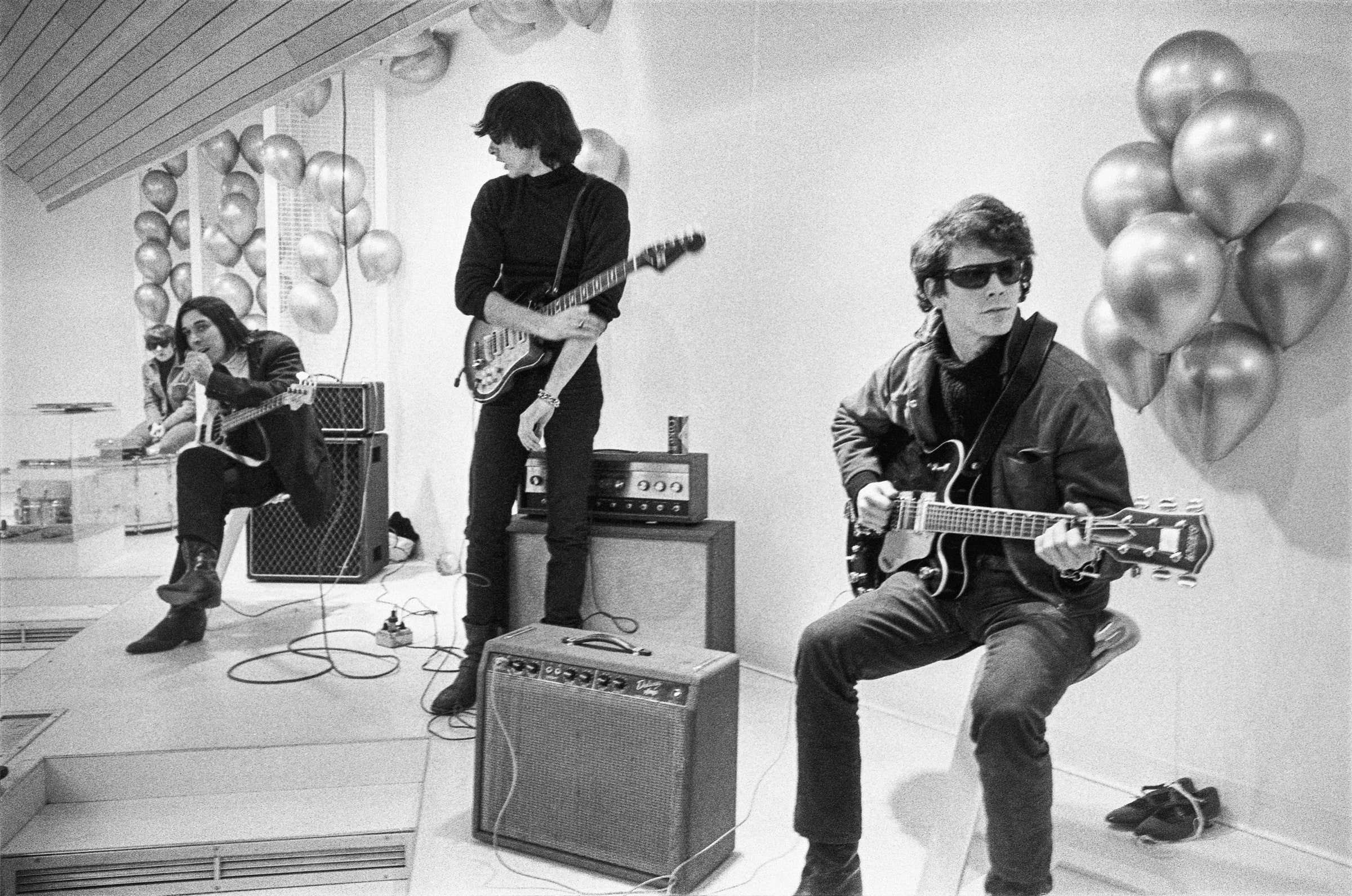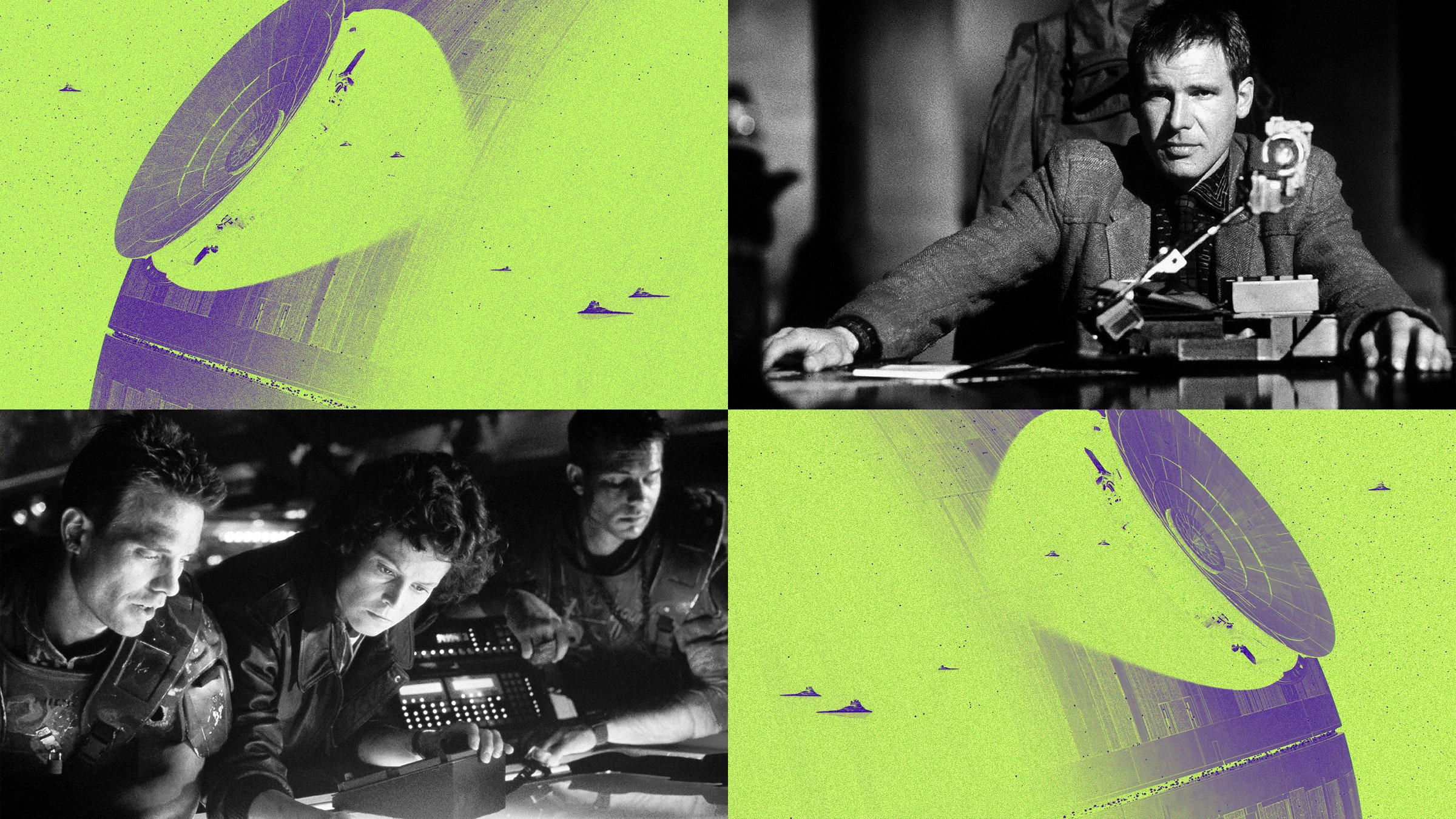This Digital Archivist Believes Hollywood's 'Competition Era' Is Over
If you buy something using links in our stories, we may earn a commission. This helps support our journalism. Learn more. Please also consider subscribing to WIRED
In Hollywood, the present is the future is the past.
Twin strikes shut down production for six months last year, and with its workforce still on ice, the entertainment industry has been slow to recover. Domestic box-office revenue is expected to be 30 percent lower this year compared to 2019. By 2028, cable TV subscriptions are estimated to decline by 10 million. And with the looming acquisition of Paramount Global by Skydance Media, the future of Hollywood is as it ever was: reliably uncertain. As one studio executive described it to the Los Angeles Times, it’s “something of an existential question mark.”
Of course, this isn’t Hollywood’s first—or second or third, for that matter—financial reckoning. “When we look closely at history, we realize that all the negotiations we have to make about character, about financing, about representation and all these things have been asked before,” says Maya Cade. “Ego tells us that we must be the first, but why would we want that to be true?”
This, in part, was Cade’s mission when she launched Black Film Archive in 2021. At a “moment when people were demanding the full totality of our lives to be represented in media, they felt as if Black Film could not hold the capacity for Blackness.” Cade knew better. So she got to work and built what is now the most exhaustive online database of Black cinema titles, spanning diverse, obscure, and well-known films. A former audience development strategist at the Criterion Collection, she says people were missing a larger context to the issues at hand. The archive, which celebrated its third anniversary this August, features more than 300 films released between 1898 to 1999, with each title available to stream online.
Anxious to learn more, I reached out to Cade to help make sense of what’s happening in Hollywood. Over the phone from Los Angeles, where she recently relocated, Cade and I talked about the work she does with Black Film Archive, the future of the movie business, the grave implications of the Internet Archive lawsuit, and how we can better preserve history on an internet that likes to forget.
Jason Parham: Is it true that the idea for Black Film Archive sprung from a conversation on Twitter?
Maya Cade: I was on Twitter in June 2020, and I saw a lot of people talking about how racist or dramatic Black Films are as a way to dismiss them. So instead of shaming people for that opinion, in my mind I was like, OK, how do I make an offering for people to discuss that belief, to contrast that belief, and also move us past it. I don’t want to dismiss the truth because it’s harsh. And I know there are many ways to get to the truth. I also don’t want to dismiss people who feel that way. But I want to offer another lens of how they’re seeing it. Because when we talk about Black films as only being traumatic, we’re reducing the art form in a very minuscule kind of way. This idea of like, oh, “All these films are about slavery. All of these films are about trauma porn.”
Which, of course, isn’t true.
I did the calculations of how many films are about slavery—and they were quite few across time. But I understand that at the same time, what does it mean when a white decision maker wants to see Black people in a specific way? They have the power of how we’re told in media. I also understand that film becomes the dominant narrative of how history is told. So there are multiple truths to contend with. But I think we’re better prepared to contend with those things when we have a full look of what Black film’s history can offer.
The Internet Archive recently lost an appeal, which could have major ramifications to how we access information. Resources like Black Film Archive and The Wayback Machine are also part of this conversation. This is a bit of an abstract question, but how do we better hold on?
One goal of the early internet was to democratize knowledge. Whether everyone agreed with that is a different point. And the Internet Archive is one of the only things from the early internet to still exist in its same way. Wikipedia, too. These two things are constantly under attack because to share knowledge freely means that someone wants to come in and control the free flow of knowledge. They want to profit from that.
In so many ways greed has become a default response to various public resources.
With that being known, what do we do? The world has been upended. The only truth that we know is in books. On the internet, AI has turned knowledge upside down. AI leaves out the essence of truth. For example, through summary, it assumes who you are and what you want to know quickly about something, which isn’t the same as a human would do it. That process can remove layers of truth at a very basic level. With that being the foundation of the internet of the future, the Internet Archive is essential. In the last 10 years, we have moved away from the internet as a service to the internet of things. An internet as service—it was a destination. It was a place that you could freely roam, explore, and use as a guide.
Is there a way back to that?
If we want places on the internet that aren’t run by AI, where knowledge is freely shared, where we can explore as we desire, then we must invest our time, our coins, we must advocate, and protect as much as we possibly can. There’s so much on the internet that would crumble if the Internet Archive or Wikipedia falls. That’s a threat to many people because, ultimately, when you control the flow of knowledge, you control everything.
The consequences would be extraordinary.
It’s almost as if the basic concept of the library would be a pie in the sky idea today, because someone would ask, well, how could I make money from that? When Black Film Archive launched, many people wanted to profit off of it. Many people asked to sponsor it. The thing is, once you create something that becomes a frontline of culture, the question isn’t, how do I help sustain you? The question is, how do I own you? I said no because I’m firm in Black Film Archive being free.
On the subject of money and ownership. Earlier this year, following the cancellation of several Black TV shows, you wrote, “studios and streamers no longer care about loyalty or enduring legacy.” Why does Hollywood, in 2024, still have such a difficult time aligning its legacy with its business?
Well, here’s the thing, the legacy business, they feel as if that work is behind them.
But isn’t that what Hollywood is built on?
Yes, but to create new legacy and new inroads, to them, that is less important than extracting every possible dollar from existing IP. It’s more expensive, quote-unquote, to create something than it is to rest on existing laurels. The beginning of the end of this, to me, was when Warner Brothers and UPN merged into The CW. Now, 20 years later, the CW is a shell of itself. In mergers, you’re no longer competing with someone to make the best content. With the merger of Warner Brothers and Discovery, they own, what, one fourth of TV? That competition era of television—it’s over.
Which has a direct impact on the creative side.
The legacy-driven model only happens now in vanity. So a lot of stars are using their own distribution or first-look deals to produce things. And these are the majority of people who are allowed to create. So what does Hollywood mean when the only people who are given freedom are people who have already done the taxing work—if they have at all—to become stars? Hollywood is not in the business of guarantee. Everything must be proven before it’s even created.
And if that’s the case, so many people get left out.
The fight for nostalgia as currency comes in a moment where some of the highest rated things are non-white. That’s not an accident. It’s as if television, media, and filmmaking are becoming manifest destiny in the wrong ways. And there’s nothing sadder.
Perhaps we need better frameworks.
People have upended industries to chase Netflix. And no one has caught up. Everything has fallen in this chase. What’s happening now is, people are only duplicating the best and the most watched. There is no diversity in how things are being delivered.
You once described “post-2020 Black media as akin to a modern day blaxploitation boom.” It got me thinking about platforms like Tubi and AllBlk, which are sometimes mocked as being a kind of streaming ghetto, but those same streamers have also given opportunities to young creators.
Blaxploitation, as I was saying, makes way for Spike Lee, it makes way for the ‘80s independent Black movement that, of course, shapes everything we know about modern Black film and modern Black media. At every valley, there is a peak. It’s the nature of life. So what do I think is a head? We should be thinking about independent models that have existed before our current era. There are many ways to make media. With pilot season essentially dying, as the studios have announced, what are some ways that Black creators can forge together to make what they desire?
I mean, I don’t know if I have the answers, but I do have the curiosity. And oftentimes curiosity and care—and leading with them—can transform how we understand history and the future.





